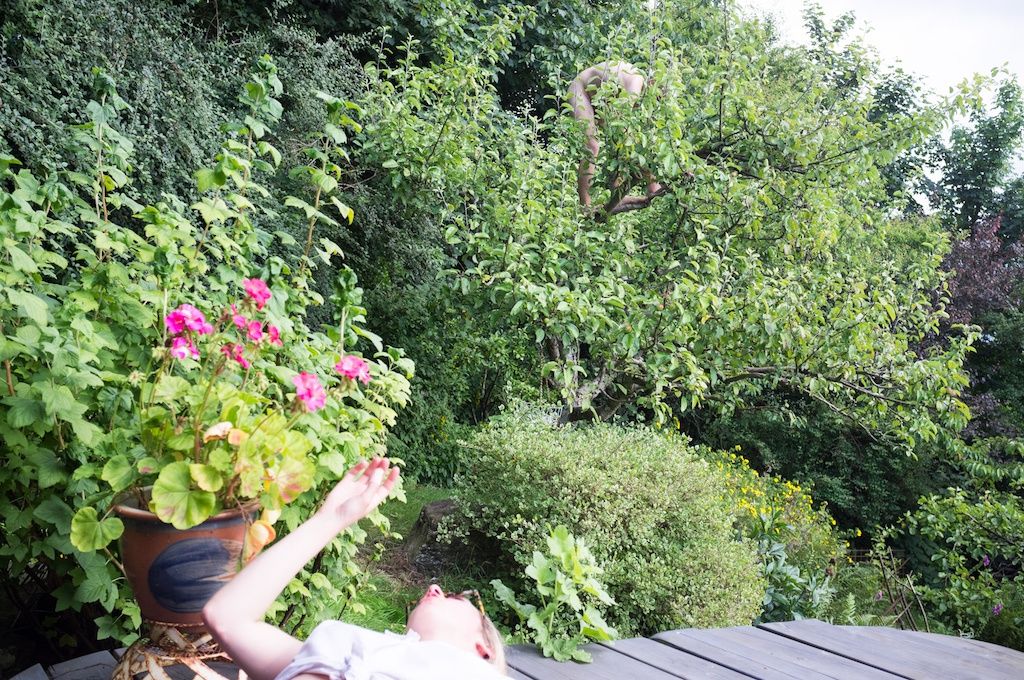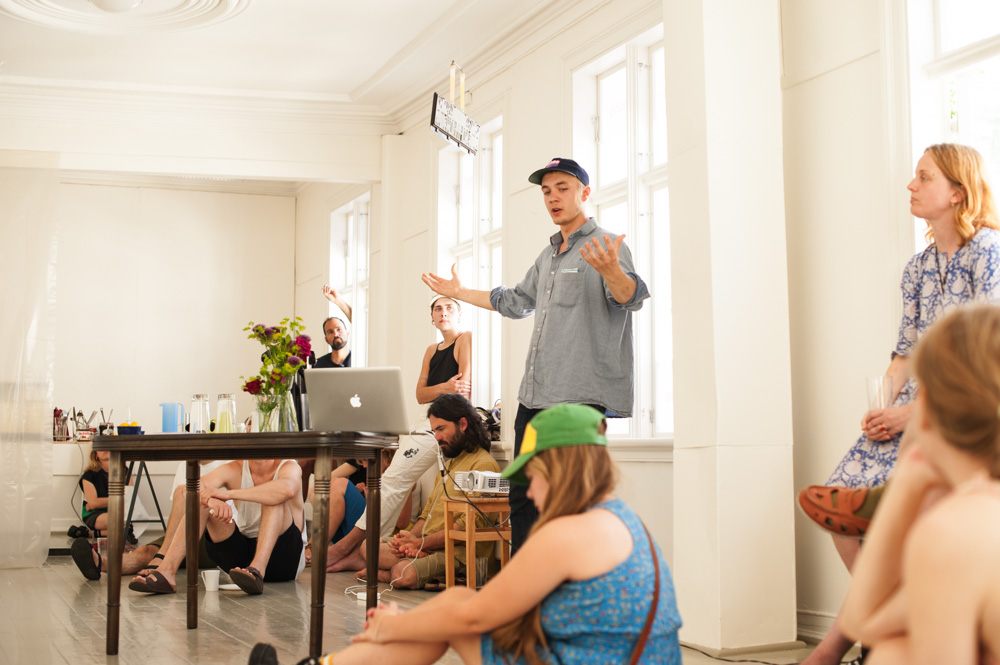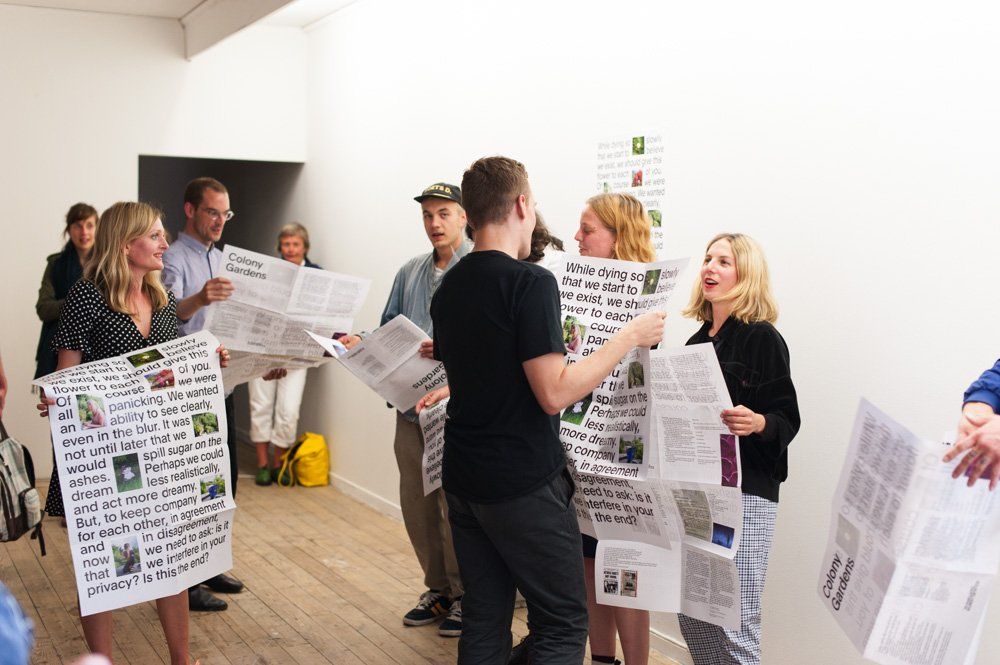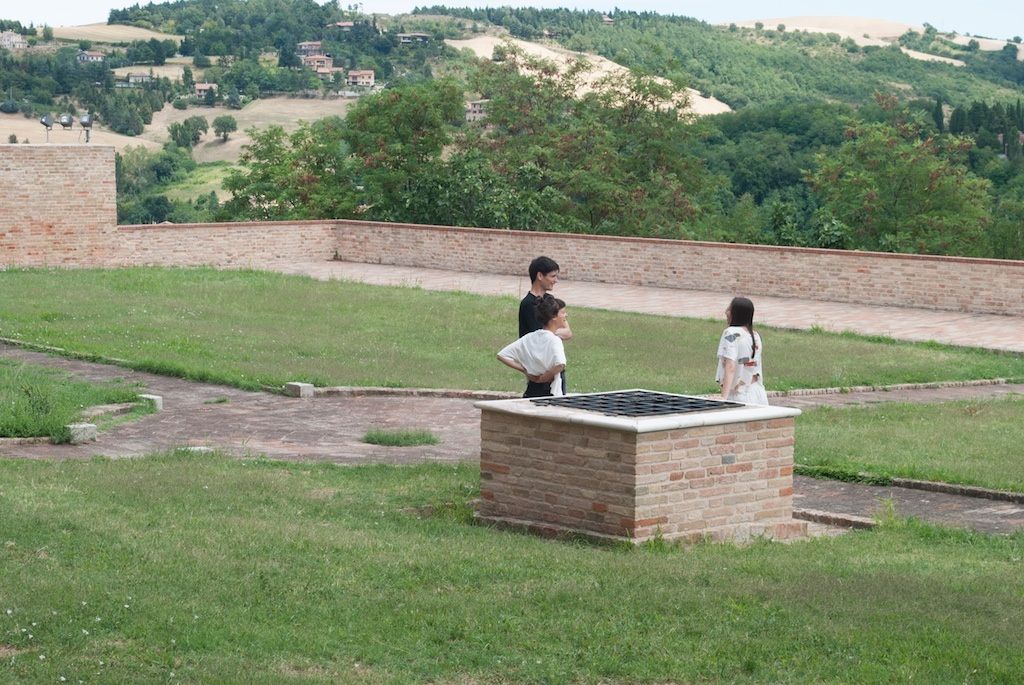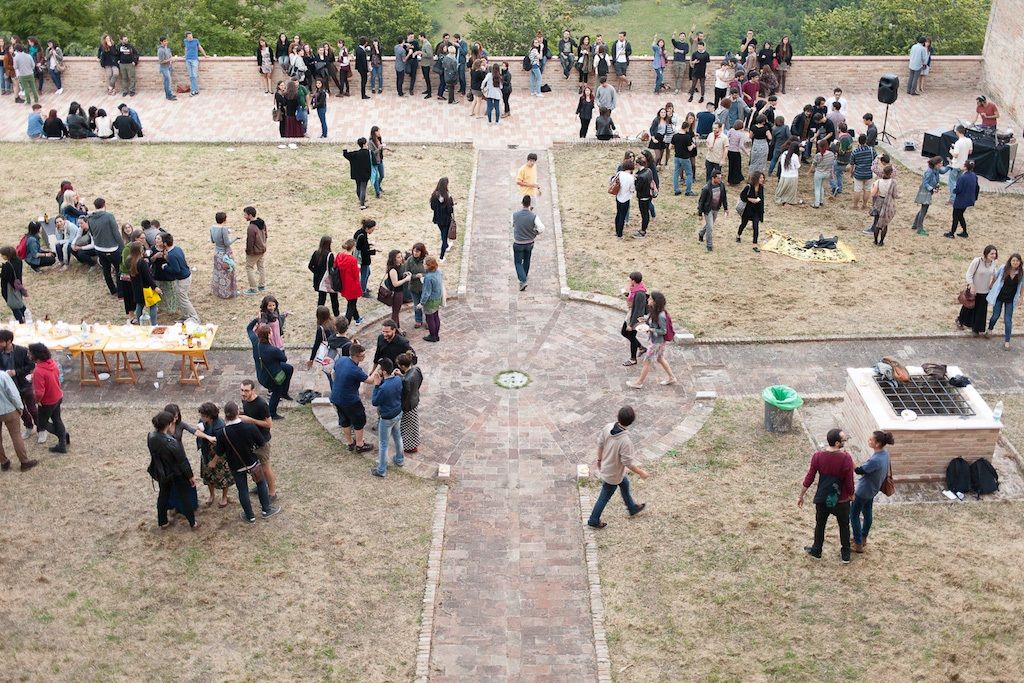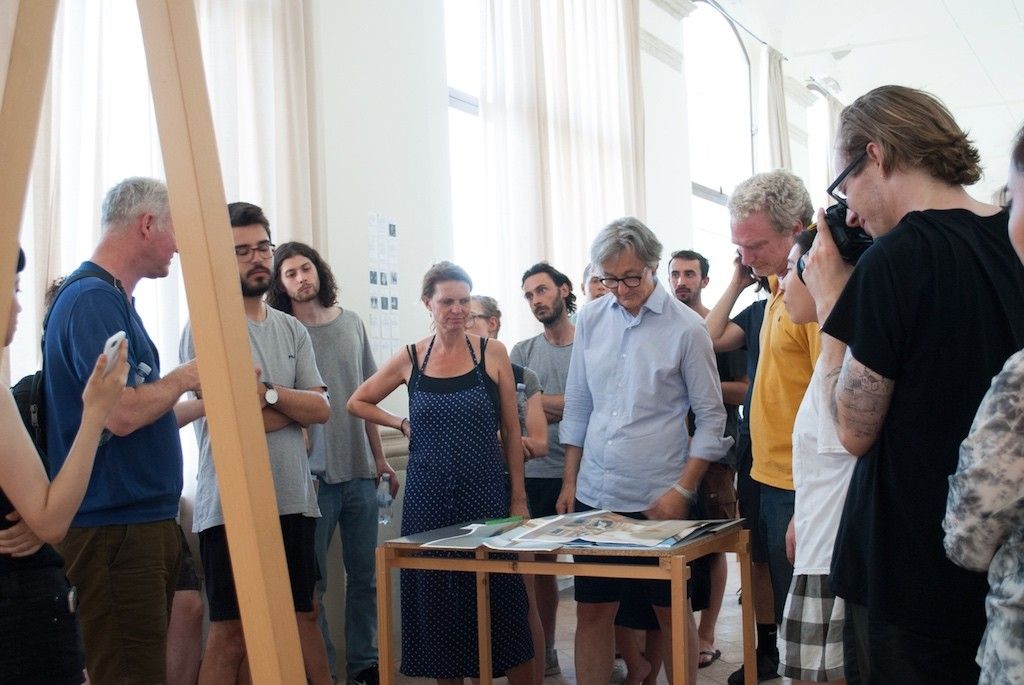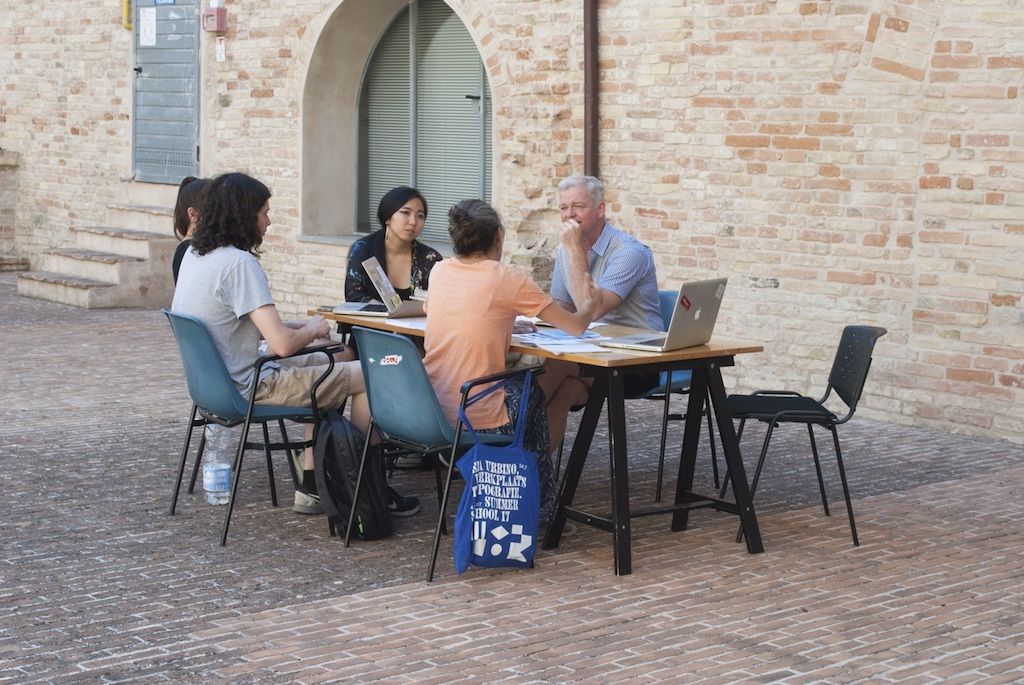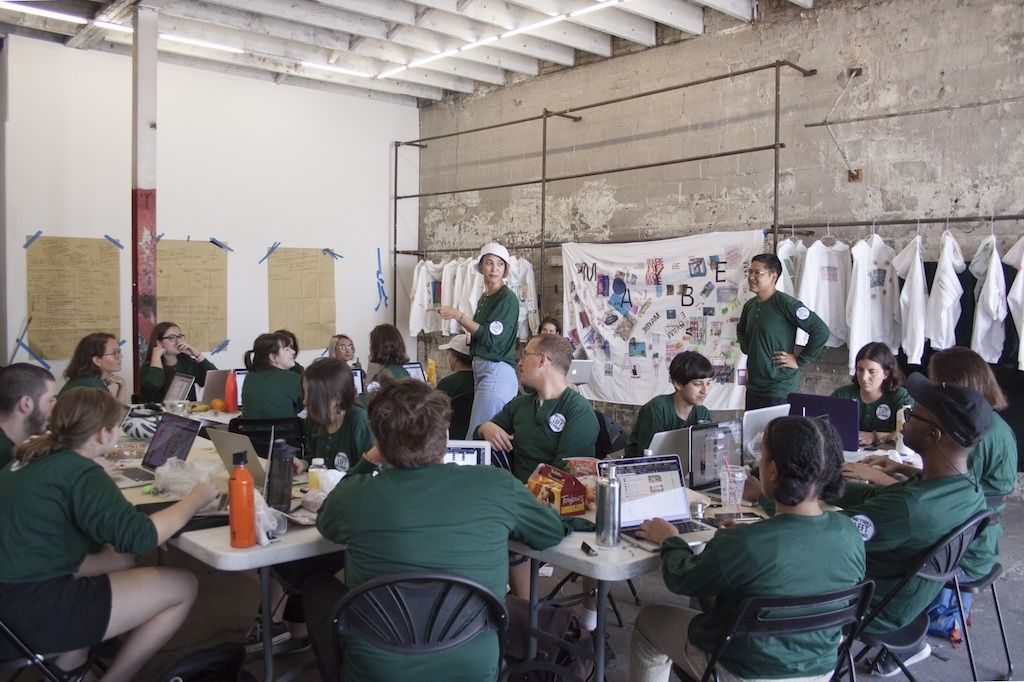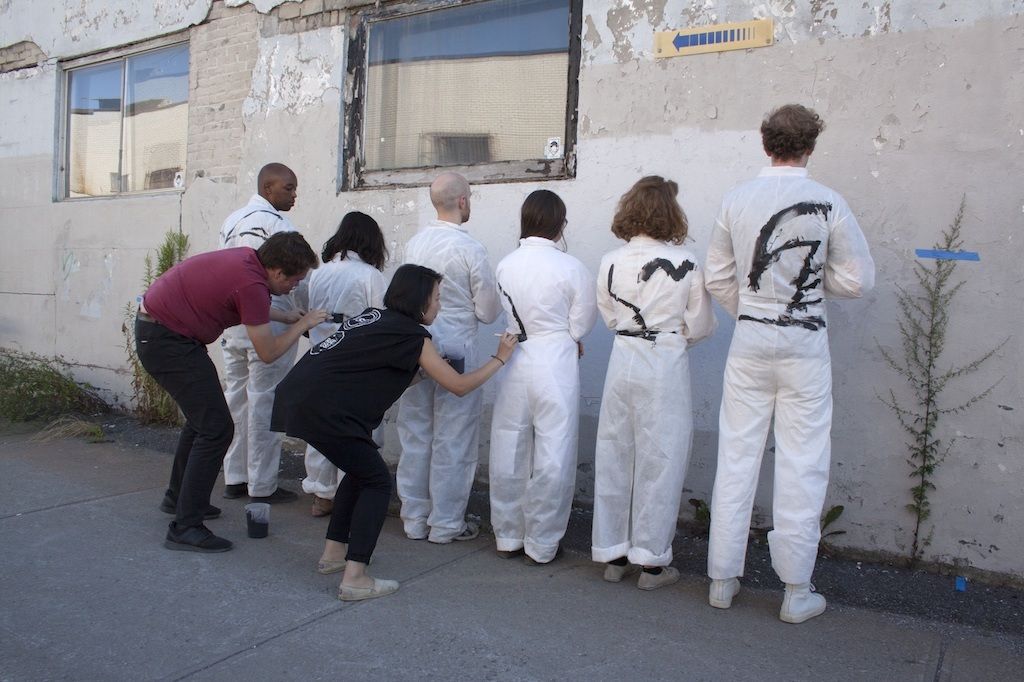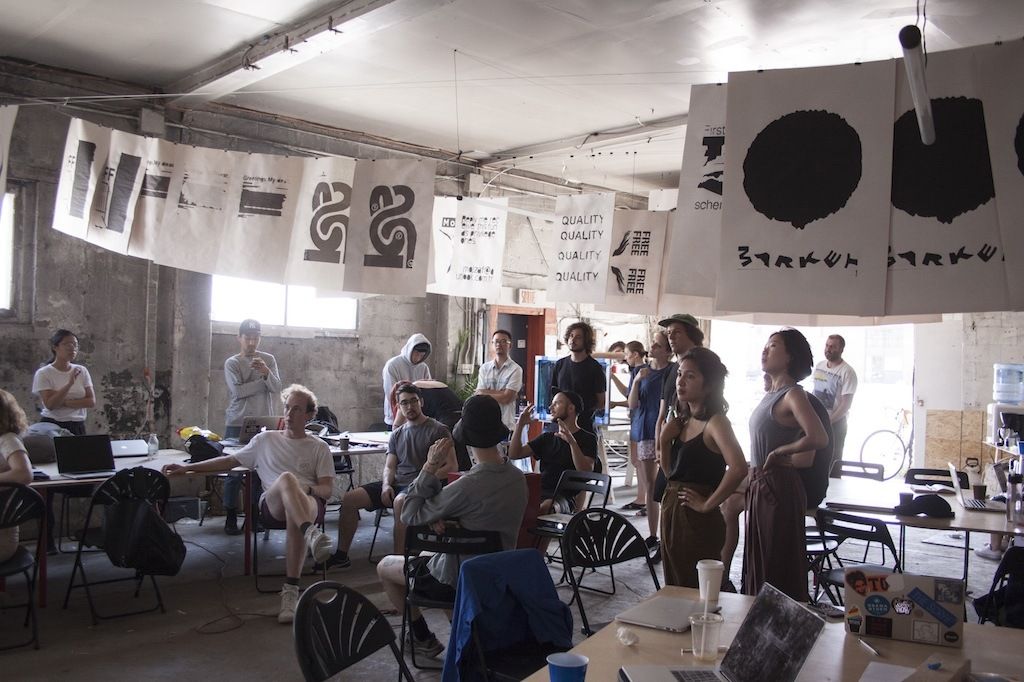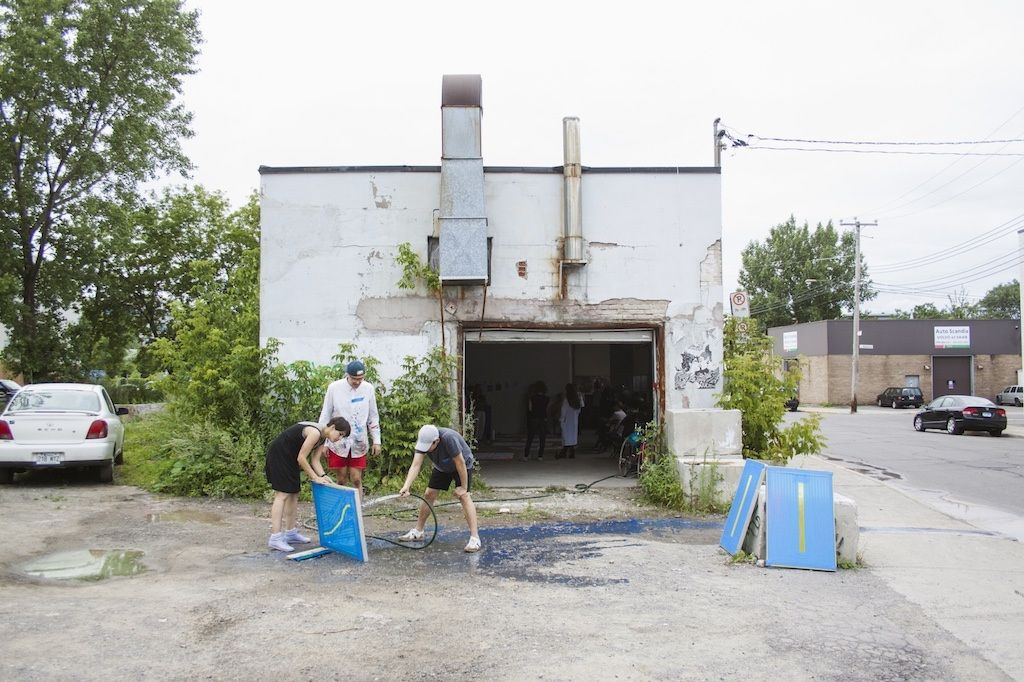Acquisitions of knowledge
You could argue that the current iteration of the summer school format grows out of a heritage of radical pedagogy of the 1960s and 1970s. In this time period, small counter-education initiatives sprang up both inside and outside the institution. Some of the ideas that these initiatives were modelled trace their lineage to the Brazilian pedagogue and theorist Paulo Freire and his seminal book, Pedagogy of the Oppressed (1968). Freire advocated a condition in which participants are learning with the students and that through this form of learning, students can break free from a coloniser-colonised or oppressor-oppressed relationship.
One specific source of inspiration and interest for me personally is the feminist radical pedagogy of The Feminist Art Program and the Women’s Design Programs, as well as The Woman's Building, which grew out of LA's California Institute of the Arts in the early 1970s and into its own independent organisation. It was spearheaded by designers and artists Sheila Levrant de Bretteville, Miriam Shapiro and Judy Chicago, and art historian Arlene Raven. Working from a feminist perspective, they used similar principles as those laid out by Freire, which saw the students and organisers as together being capable of creating change.
To describe summer schools today as radical might be misleading, even though many of them seem to exist in a similar tradition to education initiatives that would describe themselves in these ways. The term "alternative" is one often used, though it is hard to truly understand what it constitutes as a term within the arts field.
Even if many of the current summer school formats and alternative education initiatives seem to harbour a closer relationship to the time we are living in and its aforementioned urgency than to historical sources, it’s worth looking closer at the ties to historical movements. Similar eras of tension in Europe and the Americas, specifically the protests of 1960s, were largely fuelled by students.
In his new book, Futurability: The Age of Impotence and the Horizon of Possibility (2017), theorist and activist, Franco Berardi touches on education and its current crisis at the hands of neoliberal market models. My colleague at TVSS, João, shared with me the chapter where Berardi writes about how the 1968-wave missed the chance to take down the capitalist systems that have led to the educational crisis we are in currently. According to Berardi it was their lack of imagination that led to their downfall. By not expanding their minds to understand the capitalist system as more than just "Geers, wheels, levers" they became: "… trapped by the old concept of political revolution."
Even though the student movements did indeed contribute to change, among other things contributing to the civil rights movement, it did perhaps not bring about the massive revolution the movement first envisioned – though the measuring of change is indeed tricky. Berardi goes on to say that the neoliberal reformation of education has led to it becoming "a space for mere acquisition for specialised knowledge, a space where individualism and competition are cultivated to the detriment of solidarity and consciousness”.
I ask myself, can the summer school model engender for solidarity and consciousness? Is it too much to hope that the prompt of one week of being together can indeed generate change that is substantial, that can expand our imaginations to acknowledge and act upon the current and potential future situations that are in need of change?


